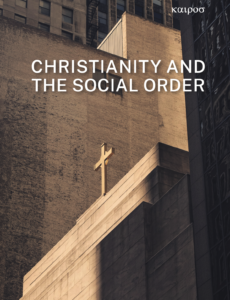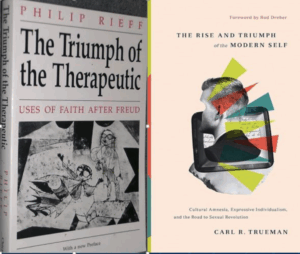 Critical Theory Legitimization of LGBT. HPLSR Part 5/5
Critical Theory Legitimization of LGBT. HPLSR Part 5/5
Central Ideas of Critical Theory
A. Premises: Western culture is being strongly influenced by contemporary critical theory, which makes claims regarding (1) the social binary, (2) hegemonic power, (3) lived experience, and (4) social justice and praxis, or the implementation of critical social theories to effect social transformation.
B. Defining ideas.
1) Social binary, 2) Hegemonic power, 3) Lived experience, 4) Social justice and social transformation.
* The lived experience of minoritized and oppressed groups rivals and at times is prioritized over objective evidence and reason when it comes to understanding the world.
* Oppressive structures/institutions must be overturned.
C. Case study by Jeffrey Satinova on how the LGBT as a powerful aggressive activist movement successfully forced the American Psychiatric Association (APA) to redefine homosexuality, although the redefinition was a result of political activism rather than on scientific evidence.
D. Conclusion
1) LGBT is not just a lifestyle choice. It is an aggressive ideology which seeks power to impose its ideas as the basis of social policy to reshape social reality.
2) The LGBT movement is a well-funded, efficiently organized & aggressive movement seeking to drive the church & Christians from engagement with the public square.
3) Arguably, the LGBT movement is this generation’s signature rebellion against God’s moral law and order in the West.
E. Heb 12:14. Strive for peace with everyone, and for the holiness without which no one will see the Lord.
Challenge: We must courageously declare the truth of biblical teaching & humbly seek to share the wholeness found in God’s grace that brings liberation and real substantial healing to our brokenness.
You can view the full video at:
Critical Theory Legitimization of LGBT. HPLSR Part 5/5
Related Posts
The Triumph of the Therapeutic and the LGBTQ Sexual Revolution
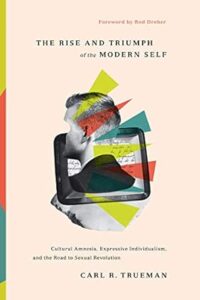
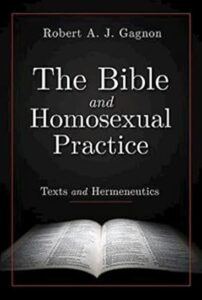

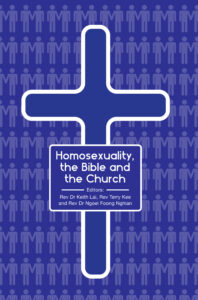
 In response to my earlier post on
In response to my earlier post on 


